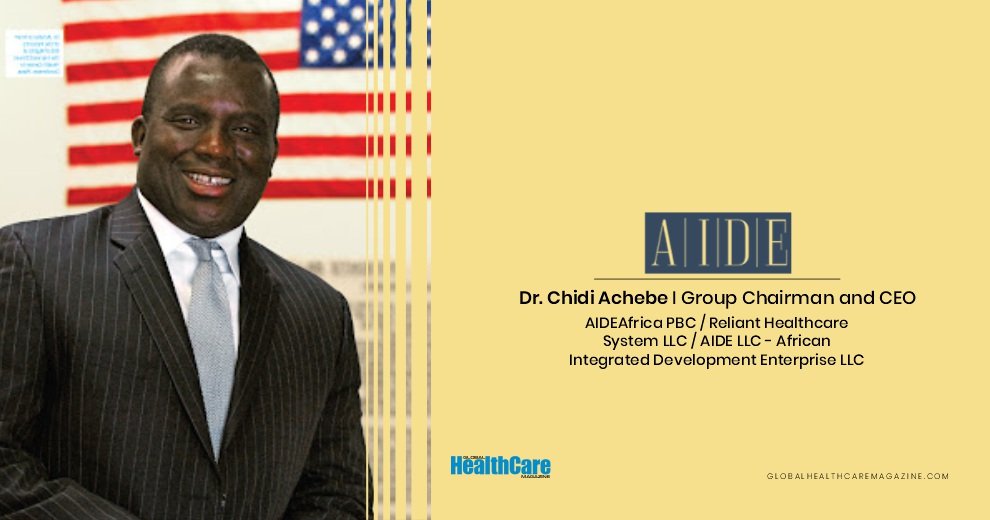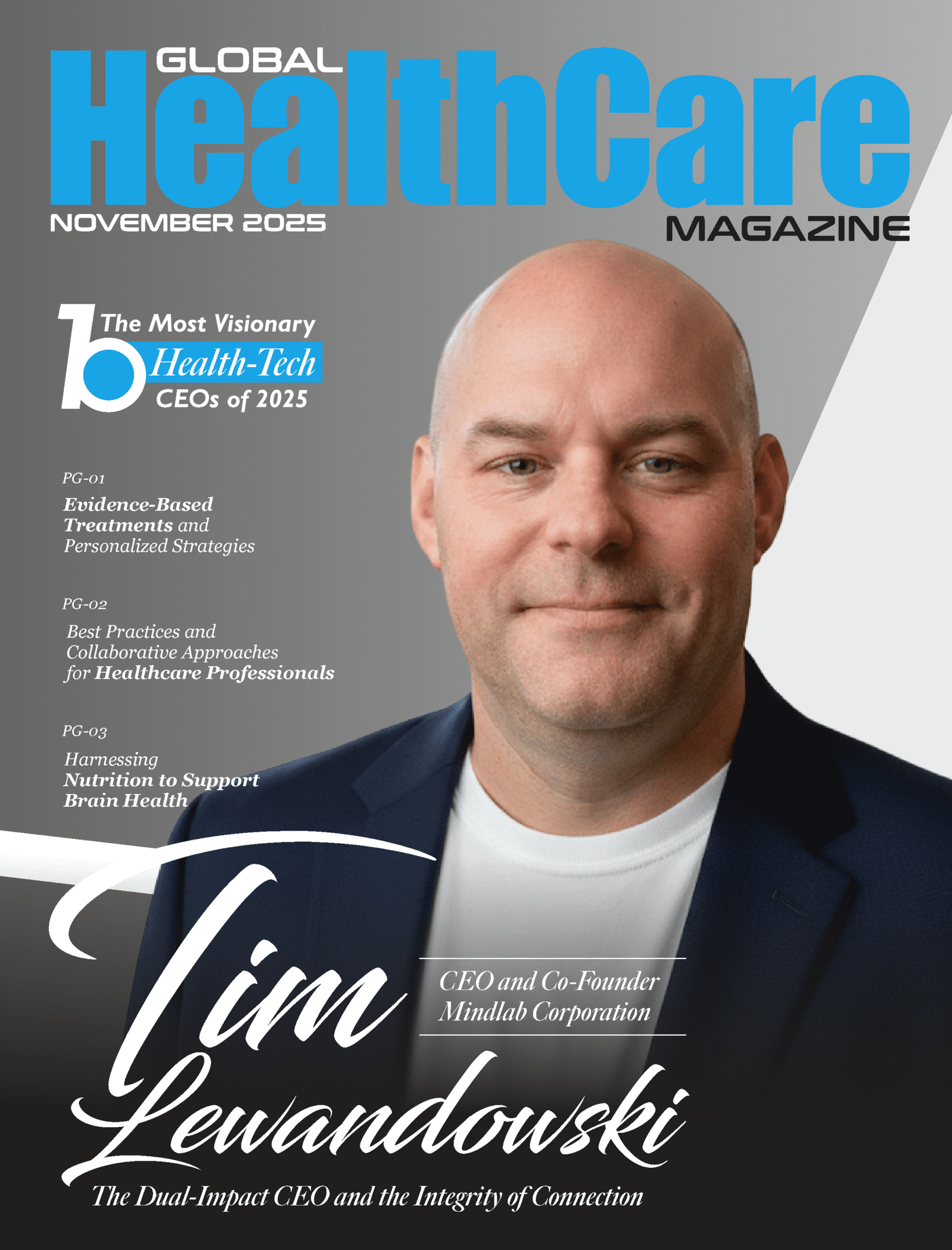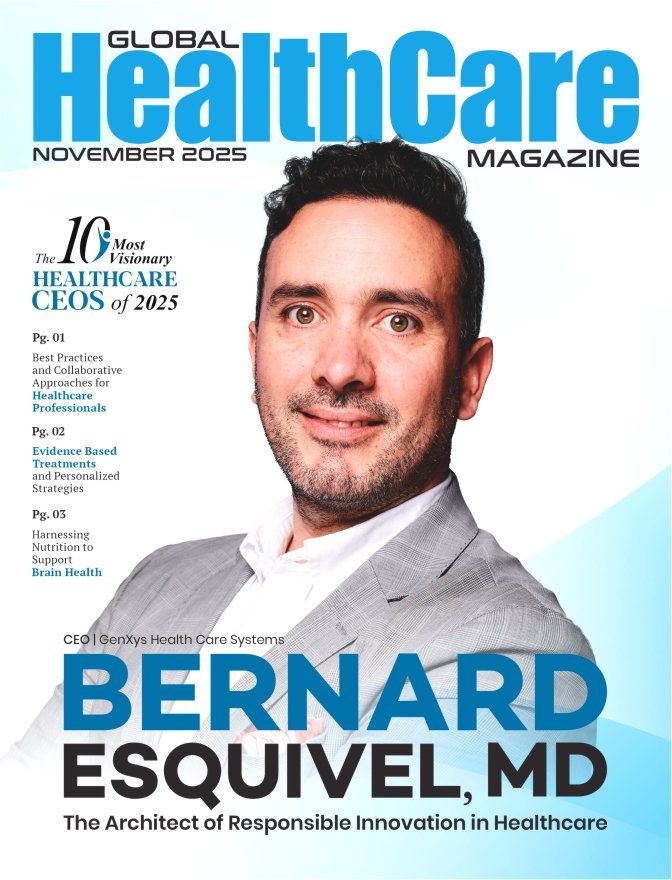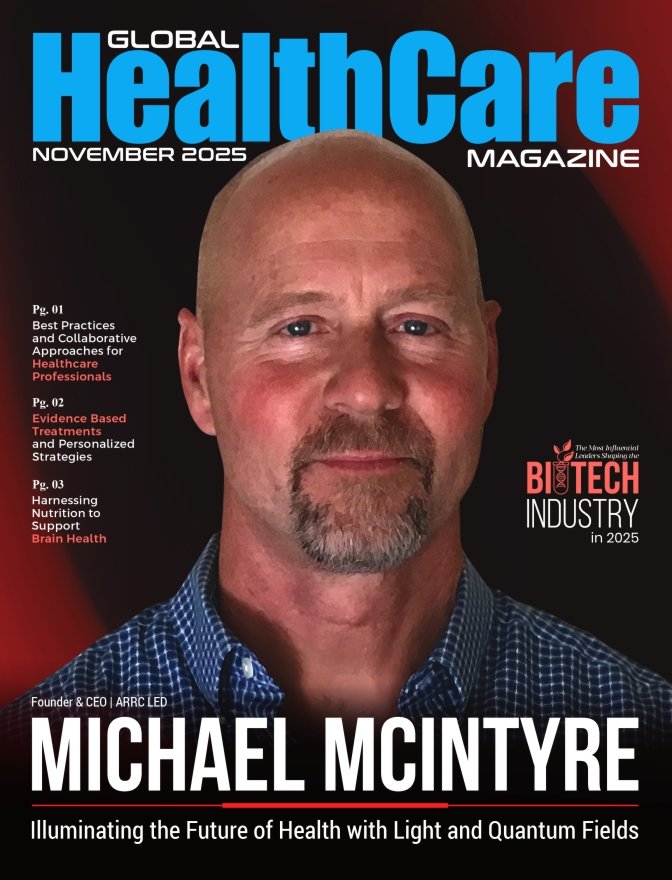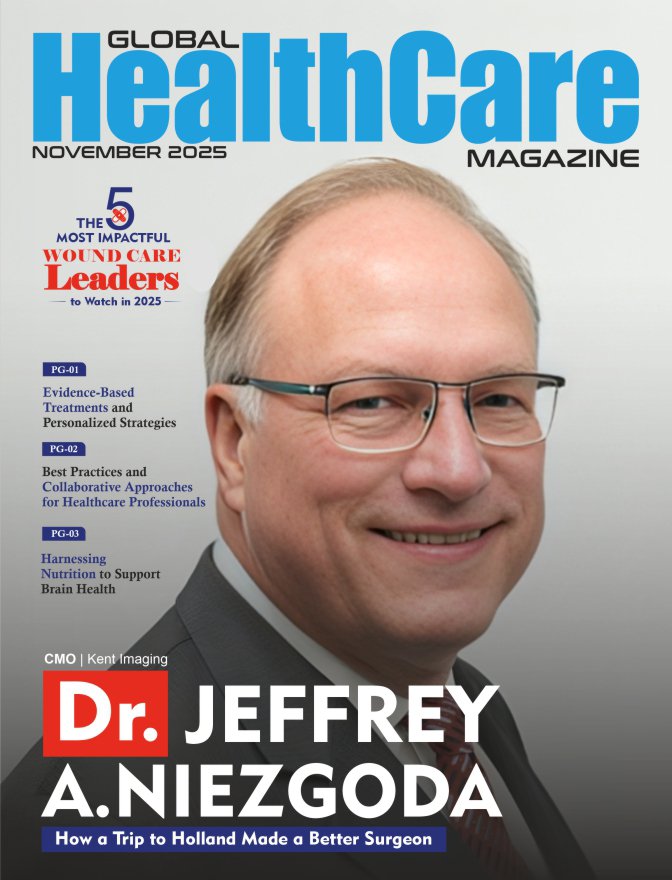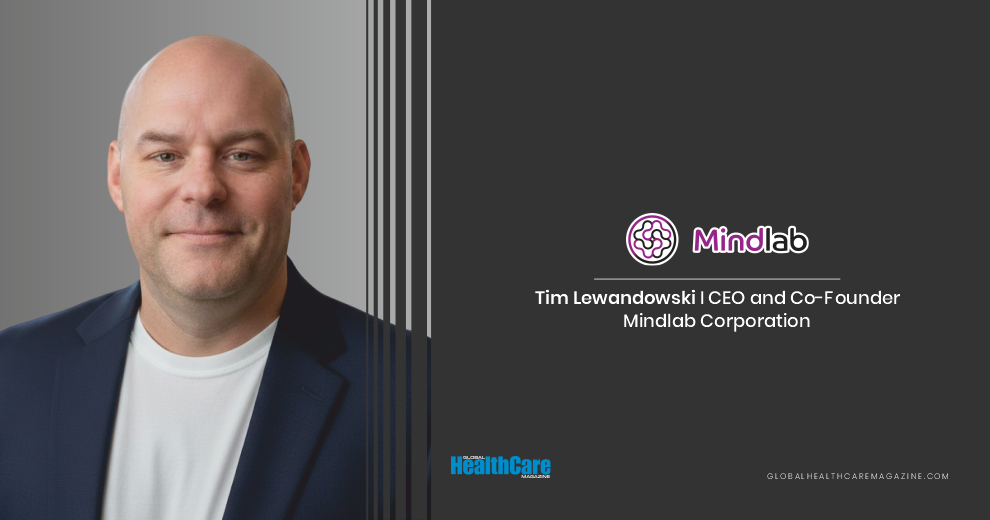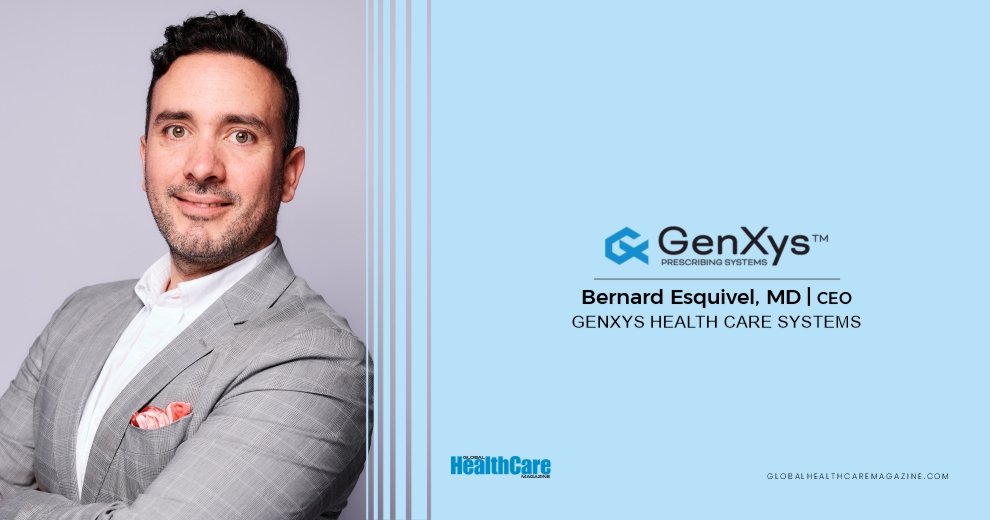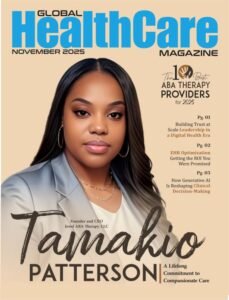The question, when it came, was simple, almost elemental, posed by a father to his son. It was a question that would echo through the years, across continents and boardrooms, a gentle but persistent hum beneath the surface of a burgeoning career. “You have had the best education in the world,” the elder man would say. “What are you going to do with that?” The father was Chinua Achebe, the towering intellectual, the man who fundamentally altered the landscape of global literature with his stories of Africa. The son is Dr. Chidi Chike Achebe, and the answer to his father’s question is not a single act, but a sprawling, audacious, multi-billion-dollar enterprise aimed at healing a continent.
To meet Chidi Achebe is to encounter a man who moves with a quiet sense of purpose. He is a physician by training, an entrepreneur by necessity, and a visionary by lineage. He speaks with the measured cadence of a clinician and the expansive vision of a system-builder. He is the Group Chairman and CEO of a constellation of companies with names that sound like a promise: African Integrated Development Enterprise (AIDE) LLC, AIDE AFRICA PBC, Reliant Healthcare System LLC, and AISSA Healthcare System LLC. These aren’t just letterheads; they are the scaffolding of a dream, a meticulously planned network of ventures in healthcare, agriculture, renewable energy, and telecommunications designed to address the foundational needs of the African continent. His headquarters may be in Framingham, Massachusetts, but his work, his entire focus, is an ocean away.
It is a monumental undertaking, born from a question that was, in essence, a challenge. A challenge to translate privilege into progress, to alchemize a world-class education into tangible, life-altering change for millions.
The Weight of a Name, The Pull of a Calling
One cannot tell the story of Dr. Chidi Achebe without first acknowledging the name. His late father, Chinua Achebe, was a literary giant who, as his son notes, ironically set out to be a physician himself before the world of literature claimed him. The world is grateful he made that choice. But the medical path not taken by the father seemed to beckon the son. That pull was nurtured by his mother and his maternal uncle, Dr. Sam Okoli, an Obstetrician and Gynecologist who owned his own hospital in Lagos, Nigeria. They were the mentors who fanned the flames of his medical ambitions.
His academic journey is a grand tour of American elite institutions. It began at Bard College in New York State for a B.S. in Natural Sciences. From there, the path led to New Hampshire, to a medical doctorate from Dartmouth Medical School. But Achebe was not done. He pursued a Master’s in Public Health from the Harvard School of Public Health and, pivotally, a Master’s in Business Administration (MBA) from the Yale University School of Management.
That third degree, the MBA, was the catalyst. “The first two choices might be obvious to most – as they are significant and related, – but the third (the MBA) literally ‘re-organized the neurons in my brain,’” Dr. Chidi reflects. “It was after the MBA at Yale that the business ideas started flowing and the strategies and solutions of how to get them done began to come together – like the ‘unfurling of a flower or opening of inner casements of treasure.’”.
Before the grand enterprise, there was the groundwork. Dr. Chidi served as the President and CEO of Harvard Street Neighborhood Health Center and the Medical Director of Whittier Street Health Center in Boston. He held a position as an assistant professor at Tufts University School of Medicine. He was a doctor, a public health professional, a leader in the community. But his father’s question was always there, nudging him toward a larger canvas.
A Diagnosis for a Continent
The problem Dr. Chidi and his partners set out to solve is stark, a diagnosis on a continental scale. He points to the data from the International Finance Corporation (IFC): “Health care in Sub-Saharan Africa remains the worst in the world, with few countries able to spend the $34 to $40 a year per person that the World Health Organization considers the minimum for basic health care.” While global efforts have targeted specific diseases like HIV/AIDS, tuberculosis, and malaria, the fundamental infrastructure to deliver care is missing.
The numbers are staggering. The IFC estimates a need for $25-$30 billion in new investment over the next decade to meet Africa’s healthcare demand. The continent needs approximately 900,000 new healthcare workers and half a million more hospital beds than currently exist.
This is the chasm AIDE and its affiliates were created to fill. Founded across 2016, 2017, and 2024 , the group’s mission is precise: “To improve the health of individuals and communities in Africa by creating a sustainable, integrated, patient-centered healthcare delivery system that is committed to the delivery of world class healthcare.” It is a direct response to the “chronic pathologies plaguing health delivery systems on the African continent.”
The AIDE Blueprint: An Ecosystem of Impact
Dr. Chidi’s strategy is not merely to build hospitals. It is to create an entire ecosystem. The group’s focus spans Healthcare, Agriculture, Renewable Energy, and Telecommunications. This multi-pronged approach recognizes that health is not created in a vacuum. It is a product of its environment.
The core of the work, however, is healthcare. The planned impact areas are extensive: increased access to and quality of patient care, wellness and nutrition services, and improved mental health support. The long-term goals are even more ambitious: decreasing mortality rates for mothers and babies and extending life expectancy. The vision encompasses public health, pandemic preparedness, financial stability for communities through job creation, and the adoption of new technologies.
At the heart of this operational philosophy is a simple, powerful acronym: CARE. It stands for Compassion & Caring, Accountability, Respect, and Excellence in service. This is the ethical DNA he seeks to embed in every clinic built, every professional hired.
To manage this sprawling portfolio, Dr. Chidi has a clear leadership philosophy. “As the Group Chairman and CEO, I seek to hire individuals who are more skilled and knowledgeable than I in a diverse number of fields,” he states, listing finance, fundraising, medicine, operations, and human resources. His role, as he sees it, is not to be the smartest person in every room, but to assemble the rooms and then trust the experts he’s placed within them. “Once these experts are recruited to the team, you must have the discipline to let them do what they were hired to do and not micromanage their work,” he insists. His job is to keep the ship sailing in the right direction, guided by the organization’s mission and core values.
The Coalition of the Willing
A project of this magnitude is not a solo endeavor. Dr. Chidi is candid about the necessity of collaboration. When asked about his strategic approach to partnerships, his answer is straightforward: “seek out the very best and brightest globally.” And then, he adds with a humility that seems central to his character, “Through it all get on your knees and beg God Almighty for blessings and assistance.”
The list of partners AIDE has assembled is a testament to this approach. It reads like a global who’s who of healthcare excellence. Johns Hopkins International serves as the principal healthcare operations consultants. ICME Healthcare from Germany is a turnkey partner. AIDE is in collaboration with physicians at Dana-Farber Cancer Institute, led by Dr. Maureen Achebe, Associate Professor at Harvard Medical School. QED Consulting brings expertise in African hospital operations, with experience in Angola and Equatorial Guinea. And giants like Siemens and GE are onboard as principal equipment suppliers and potential financiers.
Leading such a diverse, cross-continental team requires a specific skillset. Dr. Chidi emphasizes understanding and leveraging the team’s “diversity of strengths” to enhance innovation and problem-solving. Communication must be effective and flexible, accounting for cultural norms and traditions. He speaks of the need to be accommodating, noting how different cultures might view deadlines or meeting times. In many places, he points out, building relationships and trust precedes any business transaction. “The word ‘patience’ needs to be your rock solid mantra,” he advises.
This patience is paired with an uncompromising stance on integrity. Dr. Chidi stresses the need to “Promote transparency and a Corruption Free environment” and to create a “psychologically safe environment that promotes and encourages dissent, robust dialogue and debate – without intimidation or fear.” His creed is meritocracy, coupled with a commitment to empowering team members from disadvantaged backgrounds through a “helping hand,” not a “handout.”
Measuring a Dream: KPIs and the SDGs
How does one measure the success of a mission so vast? For Dr. Chidi, the answer lies in data. Success is evaluated using a host of metrics across financial, operational, clinical, and patient experience areas. Key Performance Indicators (KPIs) are crucial for tracking progress and identifying areas for improvement.
But the ultimate scorecard is perhaps the United Nations Sustainable Development Goals (SDGs). Dr. Chidi proudly states that AIDE’s projects are designed to achieve a remarkable twelve of the seventeen SDGs. These include:
- No Poverty (SDG 1)
- Good Health and Well-being (SDG 3)
- Quality Education (SDG 4)
- Gender Equality (SDG 5)
- Affordable and Clean Energy (SDG 7)
- Decent Work and Economic Growth (SDG 8)
- Industry, Innovation, and Infrastructure (SDG 9), among others.
The sustainability of these initiatives is ensured by a commitment to employing “a skilled team of international operators and medical practitioners” and engaging both foreign and domestic technical partners. The plan is to employ “clinical, operational, and financial best practices at every level of the continuum of care.” This is about building institutions that last, run by a combination of an experienced executive team, supported by state and national governments, and driven by a pan-African strategy.
The Man Behind the Mission: Challenges and Inflection Points
The journey has not been without its challenges. Dr. Chidi speaks candidly about them, starting with the ones from within. “Earlier in my career, I did not feel fully prepared and always felt a need to acquire more skills,” he admits. His response was relentless, continuous learning. “Till this day, I consider myself, my greatest critic and inspiration,” he says.
He has also faced external obstacles, like workplace bias. His strategy for dealing with such difficulties is to keep a cool head and remain polite, which he believes “always works in the long term and can engender respect from your co-workers.” He views challenges not as roadblocks, but as opportunities for growth, to be tackled with expertise, communication, and a positive attitude.
Throughout it all, Dr. Chidi returns to his faith. “As a man of faith, I rely heavily on God for guidance in all the things I do and decisions I make,” he shares. This faith forms the bedrock of what he calls his “inflection points”—moments of dramatic positive change. The first was an internal realization: “Place God at the center of all things.” The second was surrounding himself with family and friends. The third was his education, particularly the MBA that reframed his thinking.
The greatest honor of his career, he says, has been establishing his group of companies. And he is quick to credit the network of mentors who guided him, from his parents and uncle to teachers at every stage of his education.
The Future is a Verb
When Dr. Chidi looks to the future, the numbers are, once again, ambitious. He envisions a privately owned healthcare system spanning several African countries. The economic impact would be immense: the creation of over 60,280 total jobs over five years, with 6,100 of them being direct employment. By the end of that five-year period, he projects that the system will employ nearly 5,500 people. “Attain these lofty goals and the UN SDGs keeps me very excited,” he says, the passion evident in his words.
This drive is balanced by a personal philosophy he summarizes as “GFE – God, Family, Everything else.” To manage the “Everything Else,” which includes his vast business responsibilities, he has another acronym, one that feels particularly modern: “GPT CHATS.” It’s a mnemonic for his guiding principles: God first. Plan, Patience, and Self Care. Team development. Compassion and Core Values. Humility and Heart, with a focus on the public good. Accountability and Zero Corruption. Tenacity to do bold things. And finally, Silence—the simple, profound act to “shut up and work.”
The ultimate value proposition is not about profit, but about a fundamental principle of human dignity. It is a commitment to provide “exceptional care without exception” to every single person who walks through their doors, regardless of race, class, creed, or social status. By building world-class facilities and establishing Centers of Excellence in critical fields like cancer care, cardiovascular surgery, and neurosurgery, Achebe believes he can do more than just treat illness. He believes he can reverse the brain drain, attracting expatriate doctors and nurses back to their home countries. He even envisions attracting foreign patients to these new centers of African medical excellence.
From a father’s simple, powerful question, Dr. Chidi Achebe has crafted a complex, powerful answer. He is not just building hospitals; he is attempting to build hope. He is not just leading companies; he is leading a charge. He is the son of a man who told Africa’s story to the world. Now, with a different set of tools, a surgeon’s precision, a CEO’s strategy, and a public health advocate’s heart—Chidi Achebe is trying to write its next chapter, one of healing, progress, and renaissance.
Quote
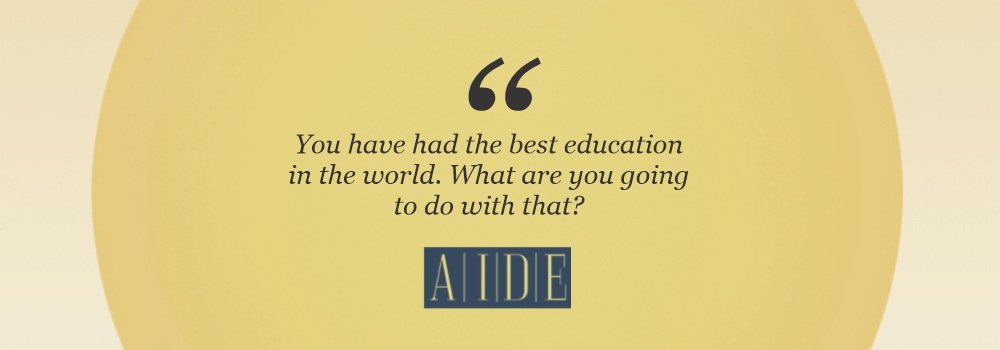
Also Read: Global Health Architects: Top Influential Black Leaders to Watch in 2025

